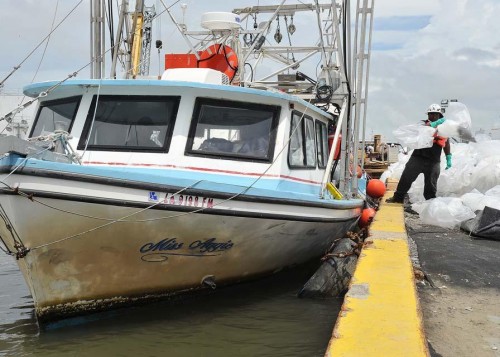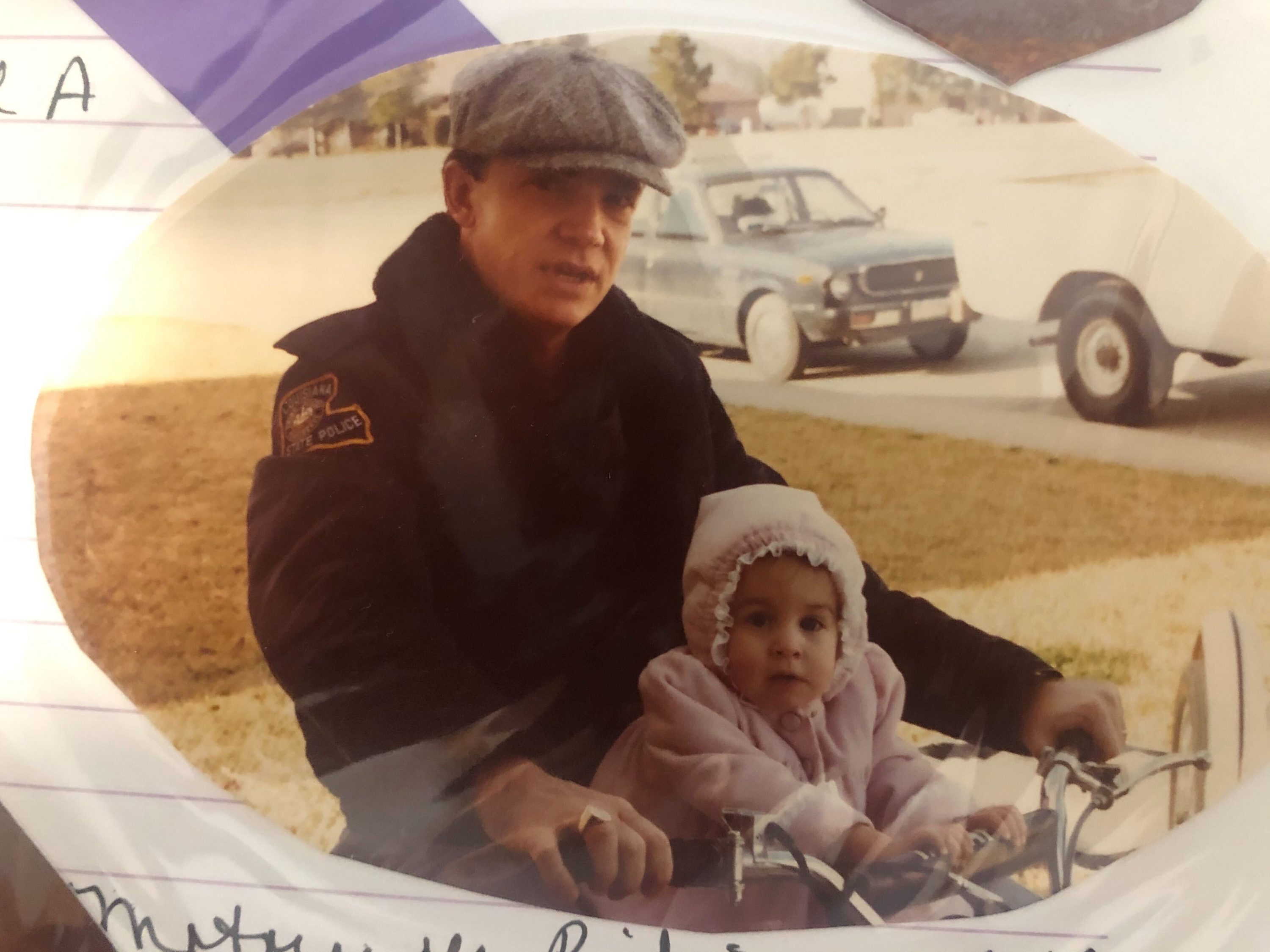
Taxable oil spill income could be another mess
February 1, 2011Thursday, Feb. 3
February 3, 2011An expert is described as someone who travels 50 miles or more, and charges for his time, to tell a group of people what they have been saying all along and excite them to embrace his words without thinking about where they had heard them before.
On Friday, Kenneth Feinberg, the administrator of $20 billion in funds intended for the payment of damages from the BP Deepwater Horizon oil spill through the Gulf Coast Claims Facility, returned to Tri-parish region.
This time experts Feinberg and Ivan Thornton, managing partner of the New York-based Fiduciary Management Group – a wealth management and financial planning service – were in Montegut, where they focused their attention, and sales pitch, to members of the Grand Caillou/Dulac Band of Biloxi-Chitimacha tribe, members of the United Houma Nation and other Native Americans who live off the lands and waters of coastal Louisiana.
Their words were accurate. The marshlands where most the people in attendance have over time been left to live were damaged. They were also correct in telling the decedents of Louisiana’s original inhabitants that they deserved restitution.
They failed to remind their audience that in 1542, Hernando de Soto first traversed the delta area and set the stage for Robert de La Salle to proclaim in 1682 that all lands that drained into the Mississippi River now belonged to France.
During the following centuries, cultures native to what became Louisiana were forced from their lands, enticed with cheap payoffs, exposed to disease and became victims of discrimination by people from foreign places. Many were offered trinkets with promises that were seldom fulfilled.
Feinberg and Thornton are now encouraging Native Americans to trust them and a firm – which understandably charges a fee up to 5 percent of any lump sum settlement – from out of state to deliver restitution.
We support Native Americans being paid for damages suffered when the tide carried oil and dispersants to their waters and land. We also caution them to explore all the angles of representation, particularly if those alternatives are closer to home and have a local invested interest.
It might be Mardi Gras season, but we encourage our Native American neighbors to consider all their options before being forced into a quick decision, or like their ancestors be enticed by the sparkle of shiny beads.





